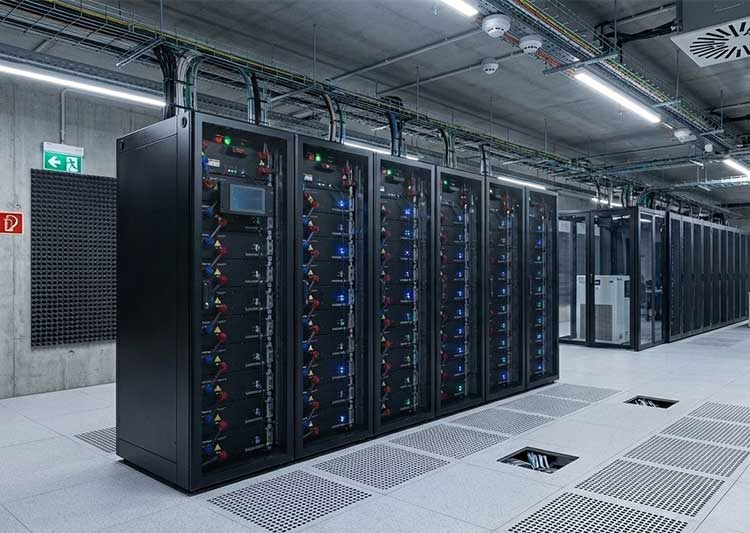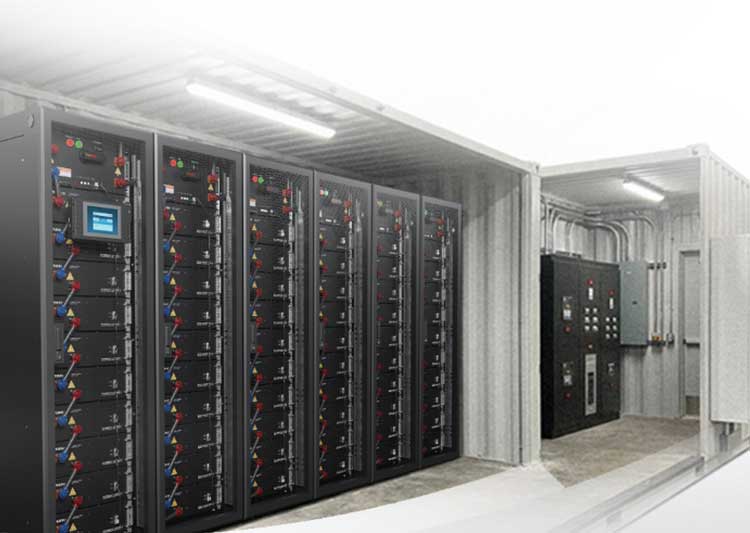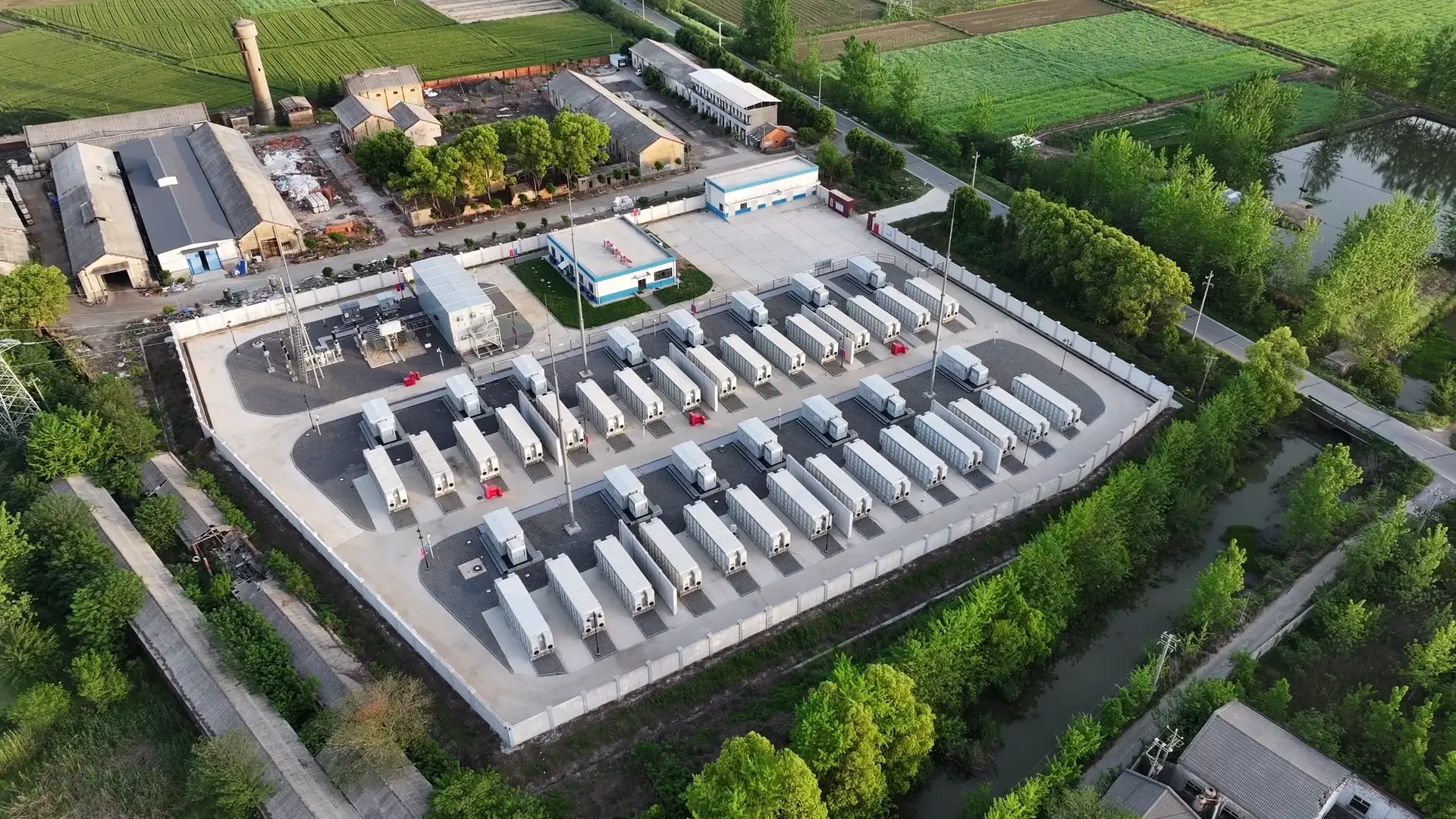As industries around the world move toward low-carbon and sustainable operations, the demand for cleaner and more reliable backup power is growing rapidly. In this transition, hydrogen energy is gaining attention as a new and promising solution.
Hydrogen fuel cells can generate electricity without producing harmful emissions, making them an attractive option for companies aiming to reduce their carbon footprint. However, an important question remains: Can hydrogen power truly replace traditional UPS battery systems, or will it serve as a strong complement to existing technologies such as lithium and lead-acid UPS batteries?
The Evolution of Backup Power Technologies
For decades, lead-acid UPS batteries have been the trusted backbone of data centers, telecom sites, and industrial facilities. They are known for their proven safety, reliability, and cost-effectiveness, which makes them a popular choice for providing stable, short-duration backup power when electricity interruptions occur.
In recent years, lithium UPS batteries have been increasingly adopted. They offer higher energy density, longer lifespan, and a smaller footprint compared to traditional lead-acid batteries. In addition, their intelligent battery management systems (BMS) allow operators to monitor performance remotely, predict maintenance needs, and optimize efficiency—features that are especially valuable for modern data center UPS systems.
More recently, hydrogen fuel cells have entered the scene as a new type of backup power. By converting hydrogen into electricity through a chemical reaction, these systems produce zero emissions and provide clean, quiet, and long-duration power. While they are not meant to replace lithium or lead-acid UPS batteries, hydrogen fuel cells can serve as a sustainable complement, adding flexibility and extending backup capabilities for critical infrastructure.
Hydrogen vs. UPS Batteries
Hydrogen backup systems are not designed to replace traditional UPS batteries, but rather to enhance and extend their capabilities. Each technology has its own strengths, and together they can provide a more flexible and reliable backup power solution.
1. For short-term backup
Lead-acid and lithium UPS batteries can respond instantly in milliseconds. They are ideal for handling sudden outages or short interruptions, ensuring critical equipment continues running smoothly.
2. For extended outages
Hydrogen fuel cells can deliver scalable, long-duration energy without the need for frequent recharging. This makes them well-suited for remote sites or situations where power may be interrupted for several hours.
3. For hybrid systems
By combining batteries with hydrogen fuel cells, organizations can enjoy both rapid response and extended backup capability. This approach creates an optimized hybrid UPS system that leverages the strengths of each technology, providing reliable and efficient power for a wide range of applications.
Using hydrogen and battery-based UPS solutions together allows facilities to maximize reliability, flexibility, and sustainability, while preparing for the evolving demands of modern infrastructure.
Challenges and Future Potential
While hydrogen UPS systems offer exciting possibilities, they still face several challenges. Fuel supply and logistics, infrastructure costs, and safety standards are among the main hurdles that need to be addressed before widespread adoption.
At the same time, growing global investment, government incentives, and industry support are helping to accelerate advancements in hydrogen technology. Improvements in storage, refueling, and safety systems are gradually making hydrogen a more practical option for backup power.
As these technologies continue to evolve, hydrogen energy is expected to become an increasingly important part of next-generation UPS backup solutions. Combined with lithium and lead-acid UPS batteries, hydrogen can help organizations achieve long-duration, reliable, and sustainable backup power for data centers, telecom networks, and other critical infrastructure.
A Multi-Pathway Future for Backup Power
The future of backup energy will not rely on a single technology. Instead, it will be a multi-pathway landscape, where lead-acid, lithium, and hydrogen solutions work together to provide reliable, efficient, and sustainable power.
Each technology brings unique advantages: lead-acid UPS batteries offer proven reliability and cost-effectiveness; lithium UPS batteries provide high energy density, long lifespan, and intelligent monitoring; and hydrogen fuel cells deliver long-duration, zero-emission backup power.
By combining these technologies in hybrid systems, organizations can achieve the right balance of instant response, extended backup, and sustainability.
At Vision, we continue to innovate across all three technologies of UPS backup solutions, helping customers design and implement backup power systems that meet the diverse needs of modern data centers, telecom networks, and industrial facilities. This multi-technology approach ensures that facilities remain resilient, flexible, and prepared for the evolving energy landscape.




























 2025-11-11
2025-11-11 Name
Name Tel
Tel Email
Email Country
Country Company
Company Information
Information